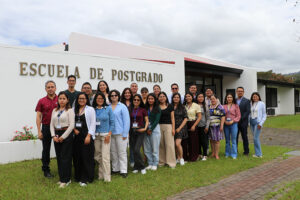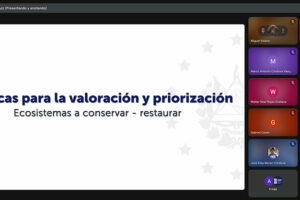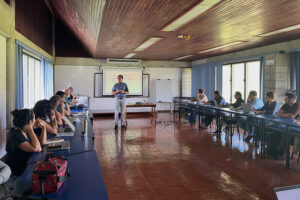Banana and Plantain Enterprises Receive Support in Indigenous and Rural Areas of the Southern Caribbean
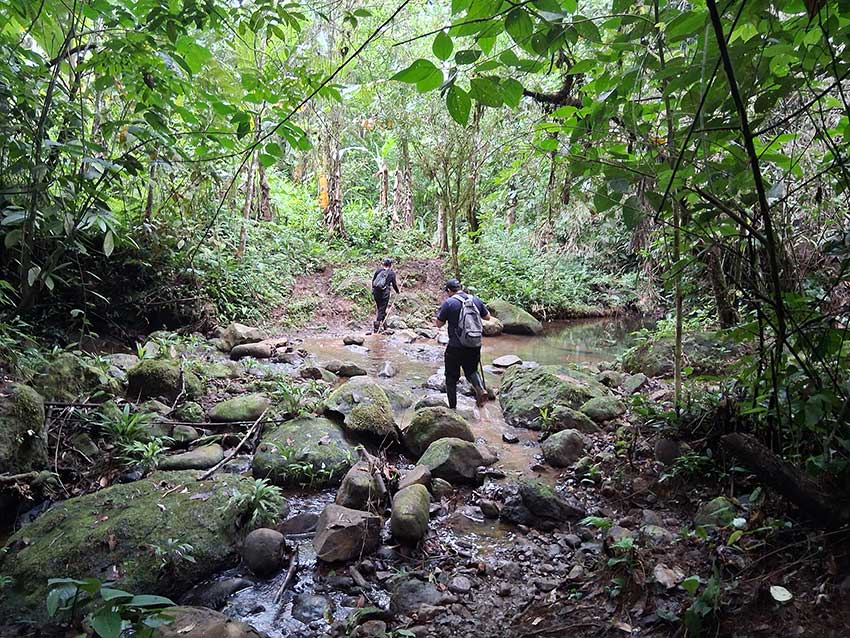
- Seven projects located in the Costa Rican Caribbean were visited by technicians from ACTIVA-CATIE and the TRANSFORMA-INNOVA Program as part of ongoing support and follow-up.
From May 27 to 29, Juan José Serrano, mentor of the Innovation and Entrepreneurship Lab: ACTIVA-CATIE, and Nelson Torres, banana and plantain specialist from the TRANSFORMA-INNOVA program, both from CATIE (Tropical Agricultural Research and Higher Education Center), traveled to the border with Panama, specifically to the Bribri Indigenous Territory, to visit entrepreneurial initiatives supported by the program and to contribute to strengthening the banana and plantain sector in the country.
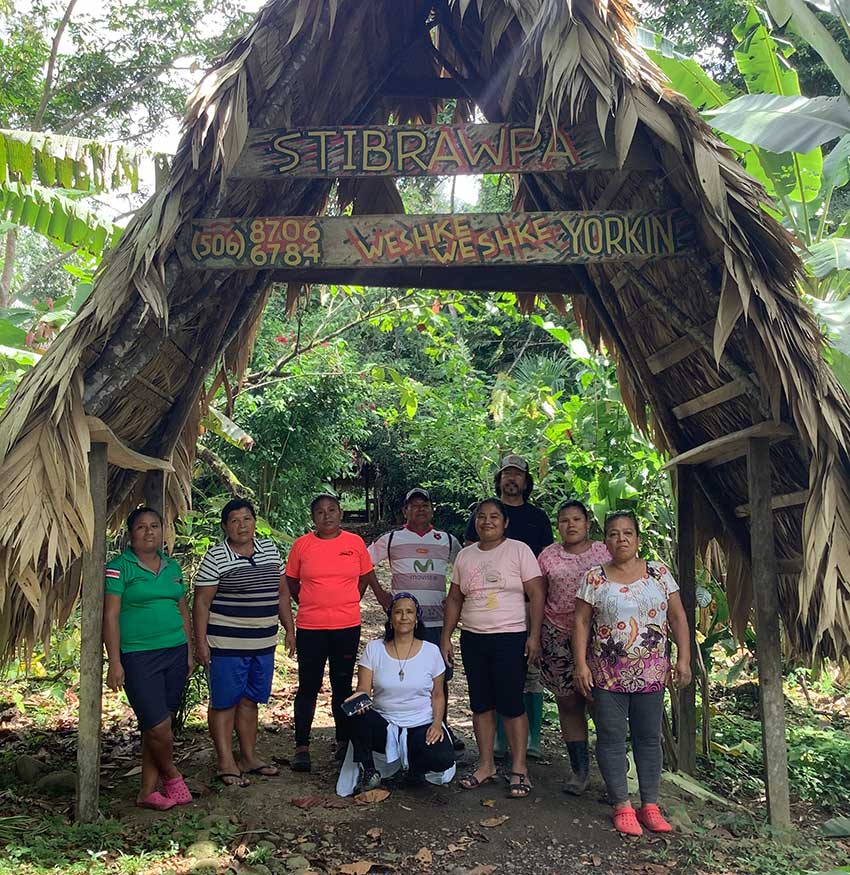
“As ACTIVA-CATIE, our main objective is to humanize and get to know the beneficiaries in their daily work, to understand where the project is located and hear directly from them what they hope to achieve once the seed capital is implemented,” explained Serrano.
“By visiting them, we get to know who they are, what their reality is, and what resources or limitations they have, so we can better support the development of their projects,” Serrano added.
Meanwhile, Nelson Torres pointed out that one of the purposes of the trip was to assess the current state of the farms in terms of NAMA (Nationally Appropriate Mitigation Actions) practices and, in doing so, establish a baseline evaluation and identify specific needs such as training, materials, or technical resources.
Visited Enterprises
The CATIE representatives visited seven enterprises in total—six part of the Ideas Contest and one from the Matching Fund..
The enterprises were:
- Stibrawpa: A group of organized women in Yorkin who produce banana flour, crafts, and organic fertilizer.
- Finca Integral La Isla: A banana and plantain farm with an organic approach, located in the Bribri Coroma community.
- Ditsö dalì wakdë: A banana and plantain project combined with fruit trees, located in the Bribri Obri community.
- Finca Ackee: An integrated farm with organic banana production and in-house organic fertilizer production, located in Filadelfia de Matama.
- Plantain with Precision Technology 5.0: A Coopepalacios project located in Estrada de Matina, which uses precision technology to enhance productivity.
- Land Drainage Rehabilitation: Led by three women who grow plantain, banana, and date palm in 4 Millas de Matina, focused on drainage system restoration.
- Añita Tubolwak: A tourism initiative associated with banana and plantain cultivation that highlights traditional Bribri techniques, located in Amubri.
“To visit the projects, we traveled to the Bribri Indigenous Territory bordering Panama, crossing the Telire River by boat, navigating the Yorkin River, and walking several kilometers on foot—at times crossing rivers with strong currents,” said Serrano of the journey.
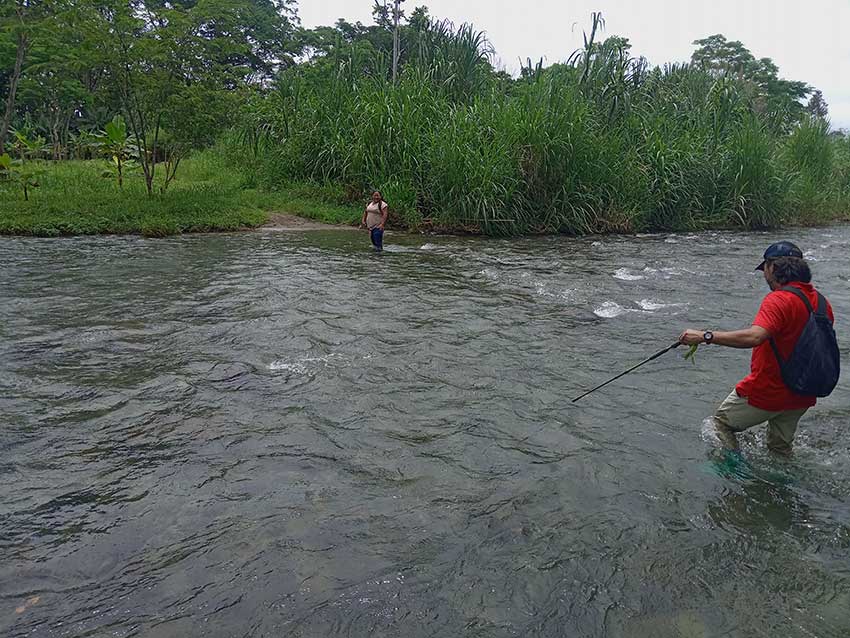
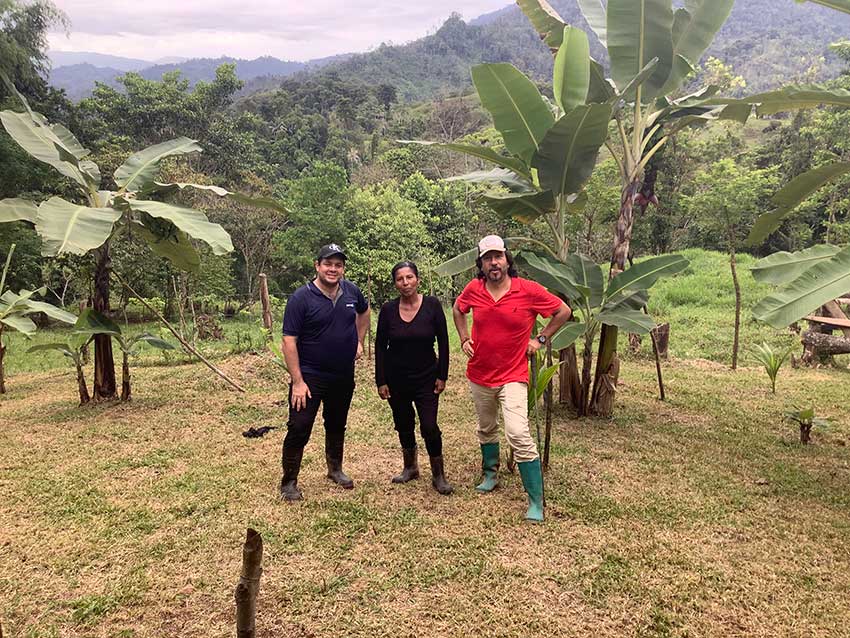
Plant Health Prevention Measures
Biosecurity measures are essential on farms where bananas and plantains are grown, in order to prevent contamination with Fusarium Tropical Race 4 (Foc TR4), a fungus that can severely impact plantations.
“As part of our commitment to the country and banana-producing communities, we followed disinfection protocols using Quaternary Ammonium—a compound used as a disinfectant and antimicrobial—before entering each farm,” said Torres.
The banana specialist added that this action was carried out not only as a preventive measure, but also as a practical reinforcement for producers regarding the importance of taking preventive steps against the threat of Foc TR4.
About the Field Visits
These field visits are part of the ongoing support that ACTIVA-CATIE provides to entrepreneurs. As a standard practice, they have proven essential in building closer relationships, learning from the entrepreneurs, and experiencing their realities firsthand.
Within CATIE, ACTIVA-CATIE is part of the Forests and Biodiversity in Productive Landscapes Unit (UBBPP), and the technical component of the TRANSFORMA-INNOVA Program is guided by CATIE’s Agrobiodiversity and Food Security Unit (UASA).
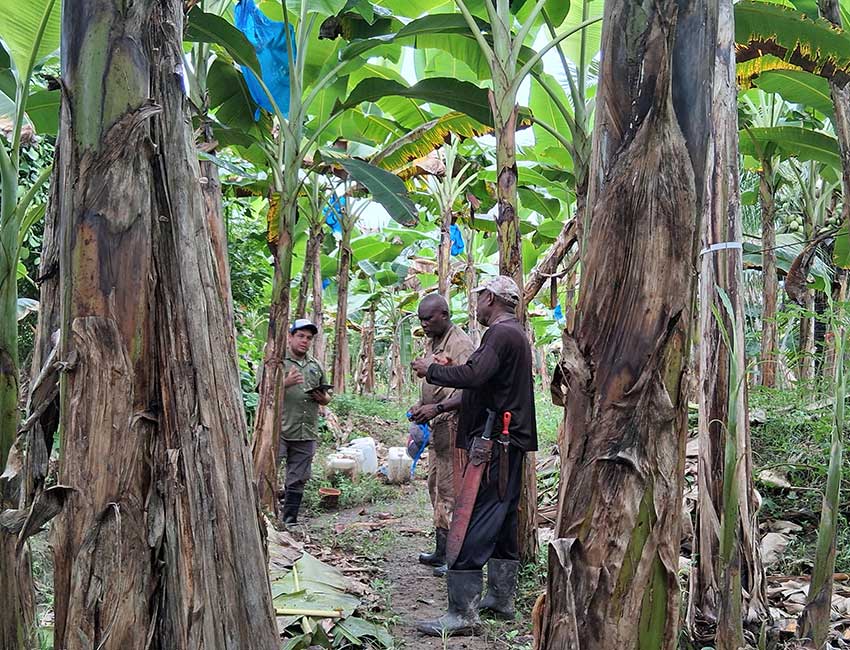
About the Implementers
This initiative is supported by the TRANSFORMA-INNOVA Program, co-financed by the European Union along with Germany’s Federal Ministry for Economic Affairs and Climate Action (BMWK) and the Federal Ministry for the Environment, Nature Conservation, Nuclear Safety and Consumer Protection (BMUV), through the International Climate Initiative (IKI).
The program is implemented by the German Cooperation Agency (GIZ) in collaboration with CATIE, Conservation International (CI), the Costa Rica–United States Foundation for Cooperation (CRUSA), the Environmental Bank Foundation (FUNBAM), and the United Nations Development Programme (UNDP).
The Matching Fund is supported by the Development Banking System (SBD), and both initiatives are executed by ACTIVA-CATIE.
More information:
Juan José Serrano
Mentor
ACTIVA-CATIE
Forests and Biodiversity in Productive Landscapes Unit (UBBPP)
CATIE
juan.serrano@catie.ac.cr
Nelson Torres
Técnico Especialista en Musáceas
TRANSFORMA-INNOVA Program
Unidad de Agrobiodiversidad y Seguridad Alimentaria (UASA)
CATIE
nelson.torres@catie.ac.cr
Written by:
Marianela Argüello L.
Education and Communication Specialist
ACTIVA-CATIE
Forests and Biodiversity in Productive Landscapes Unit (UBBPP)
CATIE
marguello@catie.ac.cr

